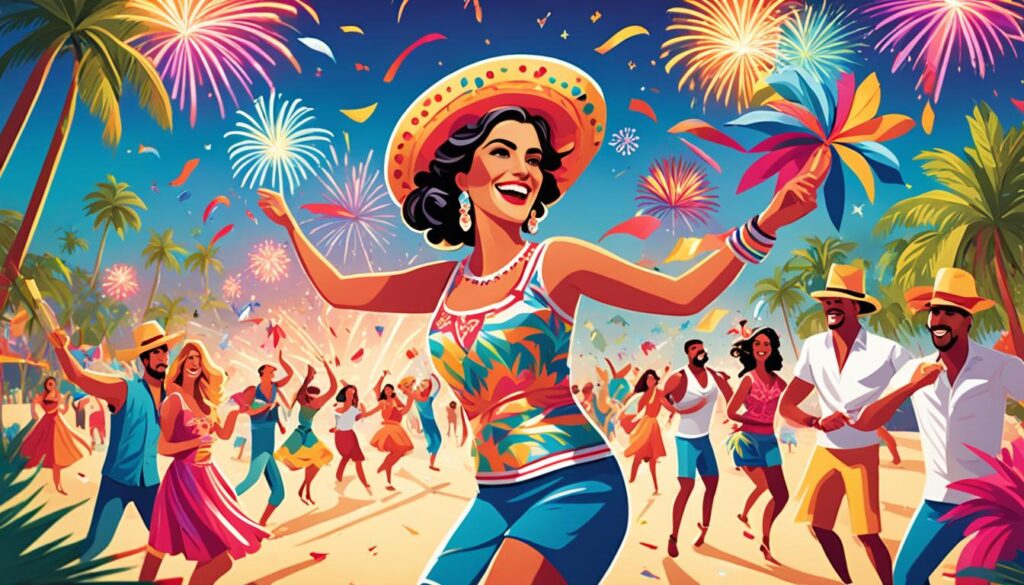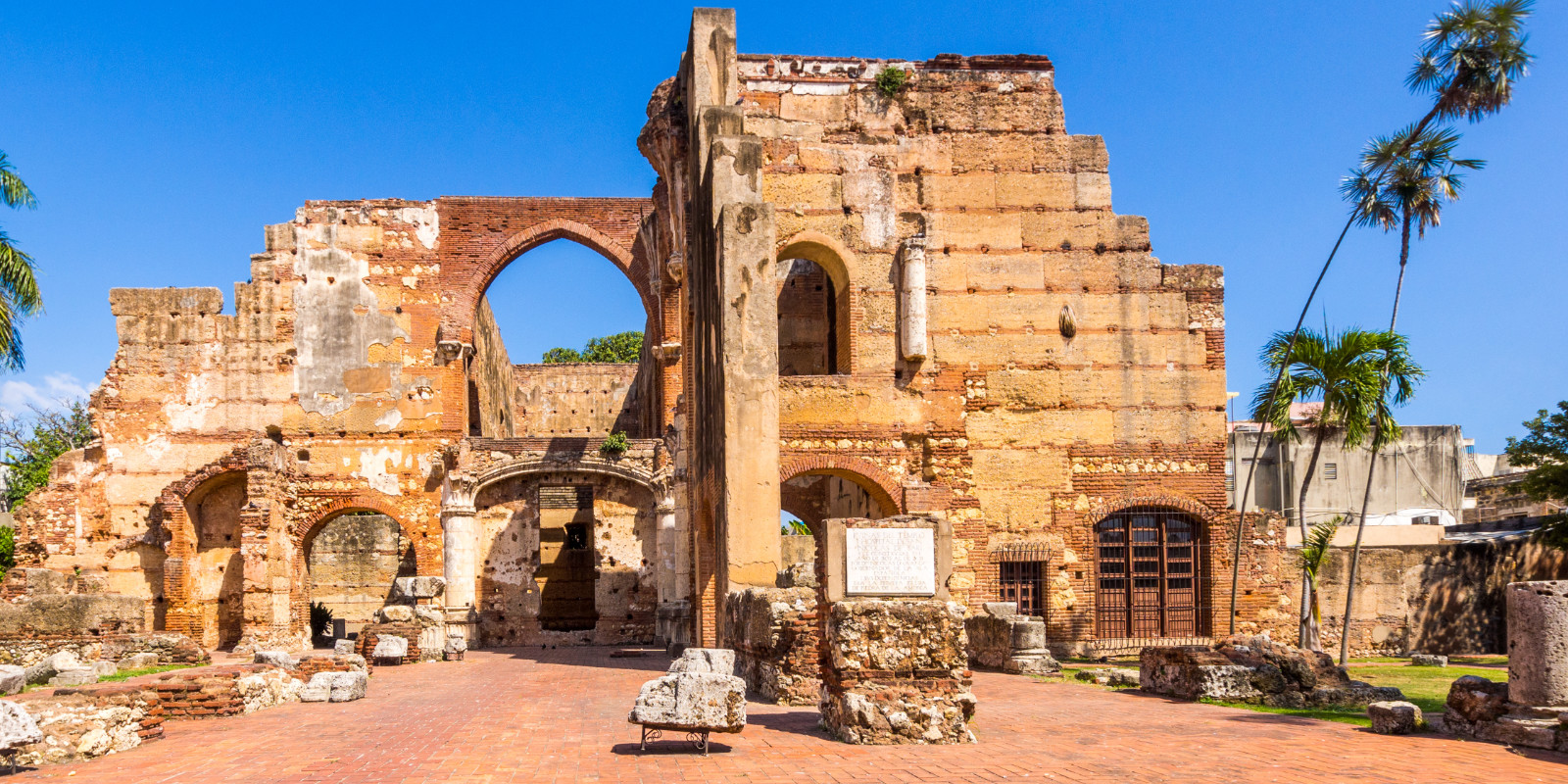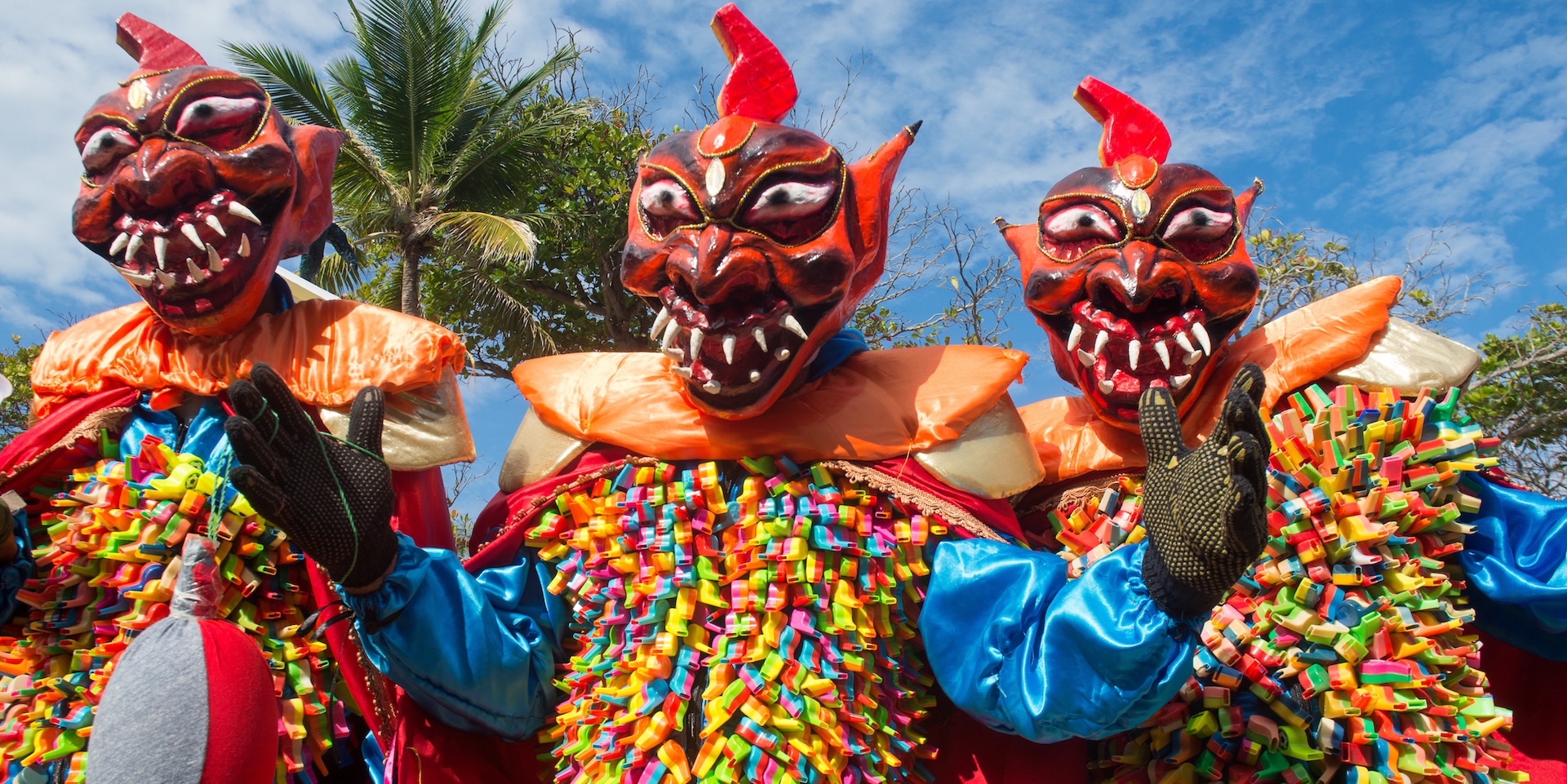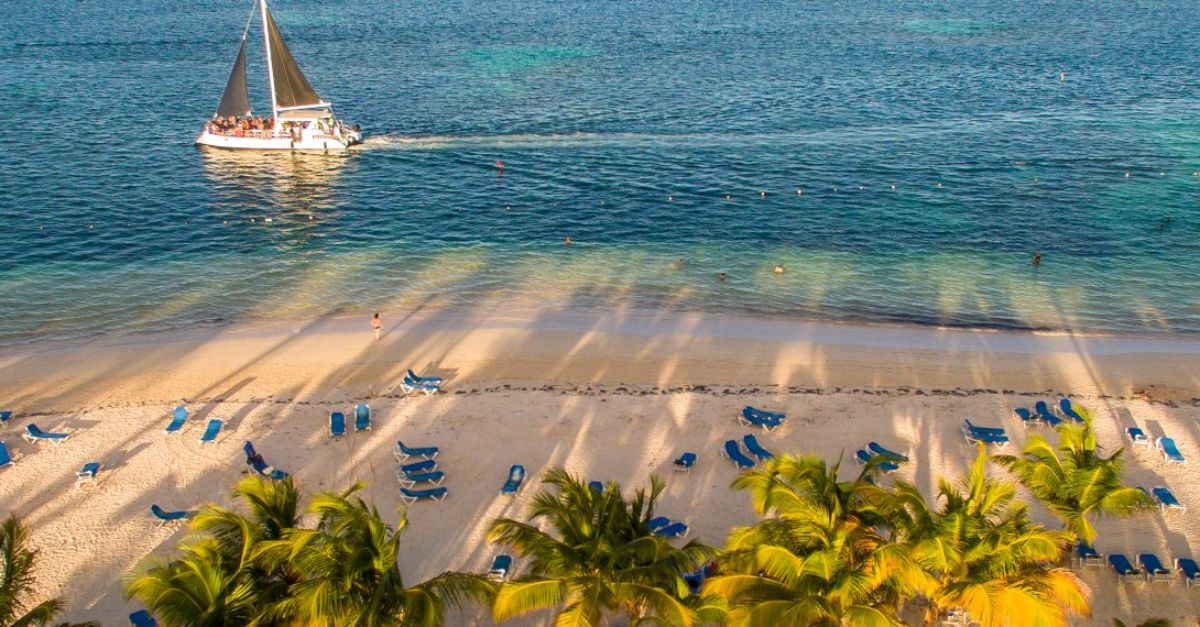A Glimpse into Dominican Republic Holidays in 2025: A Cultural and Festive Journey
Related Articles: A Glimpse into Dominican Republic Holidays in 2025: A Cultural and Festive Journey
Introduction
With great pleasure, we will explore the intriguing topic related to A Glimpse into Dominican Republic Holidays in 2025: A Cultural and Festive Journey. Let’s weave interesting information and offer fresh perspectives to the readers.
Table of Content
A Glimpse into Dominican Republic Holidays in 2025: A Cultural and Festive Journey

The Dominican Republic, a vibrant tapestry of Caribbean charm and rich history, offers a diverse calendar of holidays throughout the year. 2025 promises a continuation of this tradition, with a mix of national celebrations, religious observances, and cultural festivals that provide a unique window into the nation’s soul.
National Holidays: Marking Milestones and Celebrating Heritage
Dominican Republic’s national holidays are a reflection of its history, independence, and national identity. These days provide an opportunity for the nation to come together, commemorate significant events, and celebrate its cultural heritage.
-
January 1st: New Year’s Day: A universal celebration of a fresh start, New Year’s Day in the Dominican Republic is marked by family gatherings, fireworks displays, and a general air of optimism for the year ahead.
-
January 6th: Epiphany (Día de los Reyes Magos): This religious holiday commemorates the arrival of the Three Wise Men to Bethlehem, bearing gifts for the newborn Jesus. In the Dominican Republic, children eagerly await gifts, often in the form of toys and sweets, delivered by the "Reyes Magos."
-
January 26th: Duarte Day (Día de Duarte): This day honors Juan Pablo Duarte, the Dominican Republic’s founding father and a pivotal figure in the country’s struggle for independence. Schools, government offices, and businesses are closed, and commemorative events are held across the country.
-
February 27th: Independence Day (Día de la Independencia): This momentous day marks the Dominican Republic’s declaration of independence from Spanish colonial rule in 1844. It is a day of national pride and celebration, with parades, patriotic music, and cultural events taking center stage.
-
March 26th: Dominican Republic’s Constitution Day: This holiday commemorates the adoption of the Dominican Republic’s current constitution in 1963, a significant milestone in the country’s political development.
-
May 1st: Labor Day (Día del Trabajo): This international holiday celebrates the achievements of workers and acknowledges their vital role in society. It is a day for parades, rallies, and celebrations of labor rights.
-
July 25th: Restoration Day (Día de la Restauración): This holiday commemorates the restoration of the Dominican Republic’s independence in 1865 after a brief period of Spanish annexation. It is a reminder of the nation’s resilience and its determination to maintain its sovereignty.
-
August 16th: Our Lady of the Assumption (Asunción de la Virgen): This religious holiday celebrates the Virgin Mary’s assumption into heaven. It is a significant day for the Dominican Republic’s predominantly Catholic population, with special masses and religious processions held across the country.
-
September 24th: Our Lady of Mercedes (Virgen de las Mercedes): This religious holiday honors the Virgin Mary, a significant figure in the Dominican Republic’s Catholic tradition. It is marked by religious ceremonies and celebrations throughout the country.
-
November 29th: Independence Day (Día de la Independencia): This day celebrates the Dominican Republic’s independence from Haiti in 1844. It is a day of national pride and celebration, with parades, patriotic music, and cultural events taking center stage.
-
December 25th: Christmas Day (Navidad): This Christian holiday commemorates the birth of Jesus Christ. It is a time for family gatherings, gift-giving, and the enjoyment of traditional Dominican Christmas dishes.
-
December 26th: Second Christmas Day (Día de San Esteban): This holiday is celebrated as a continuation of the Christmas festivities, offering another day for family gatherings, feasting, and merriment.
Religious Holidays: A Deeply Rooted Tradition
The Dominican Republic’s cultural fabric is intricately woven with its religious heritage. Religious holidays play a significant role in the lives of many Dominicans, shaping traditions and bringing communities together.
-
Holy Week (Semana Santa): This week-long period leading up to Easter Sunday is a time of intense religious observance and reflection. It is marked by processions, church services, and a somber atmosphere as people commemorate the passion and death of Jesus Christ.
-
Easter Sunday (Domingo de Pascua): This Christian holiday celebrates the resurrection of Jesus Christ, marking the culmination of Holy Week. It is a joyous occasion, with family gatherings, church services, and celebrations of new life and hope.
-
Corpus Christi: This Catholic holiday celebrates the institution of the Eucharist, a central sacrament in the Catholic Church. It is marked by processions, church services, and the display of elaborate religious imagery.
Cultural Festivals: A Tapestry of Tradition and Joy
Beyond national and religious holidays, the Dominican Republic boasts a vibrant calendar of cultural festivals that showcase the country’s rich artistic heritage and traditions. These festivals provide a unique opportunity to immerse oneself in the country’s music, dance, food, and art.
-
Carnival (Carnaval): This colorful and boisterous celebration takes place in the weeks leading up to Ash Wednesday. It is a time for parades, music, dancing, and elaborate costumes, with each region adding its own unique flavor to the festivities.
-
Dominican Music Festivals: Throughout the year, various music festivals take place across the country, showcasing the diverse range of musical genres that thrive in the Dominican Republic, from merengue and bachata to salsa and contemporary pop.
-
Gastronomic Festivals: Several festivals celebrate the Dominican Republic’s rich culinary heritage, featuring local delicacies, cooking demonstrations, and tasting sessions.
-
Art and Craft Festivals: These festivals showcase the work of local artists and artisans, offering a glimpse into the Dominican Republic’s vibrant artistic scene.
-
Film Festivals: The Dominican Republic hosts various film festivals throughout the year, showcasing both local and international cinema, fostering creativity and promoting cultural exchange.
FAQs about Dominican Republic Holidays in 2025
1. What are the most popular holidays in the Dominican Republic?
The most popular holidays in the Dominican Republic are those that combine national significance with cultural festivities, such as Independence Day, Carnival, and Christmas. These holidays draw large crowds and offer a unique opportunity to experience the Dominican Republic’s vibrant culture.
2. What are the best times to visit the Dominican Republic for holidays?
The best times to visit the Dominican Republic for holidays depend on individual preferences. For those seeking warm weather and vibrant celebrations, Carnival and Christmas offer a festive experience. For those seeking quieter moments and cooler weather, the months of February and March are ideal.
3. What are some unique traditions associated with Dominican holidays?
Dominican holidays are characterized by unique traditions that reflect the country’s cultural heritage. These include the colorful costumes and lively music of Carnival, the elaborate processions of Holy Week, and the gift-giving tradition of Epiphany.
4. Are there any special events or festivals planned for 2025?
While specific event details are subject to change, the Dominican Republic typically hosts a range of cultural festivals throughout the year. It is recommended to check official tourism websites and local event listings for updates on specific festivals and events in 2025.
Tips for Enjoying Dominican Republic Holidays in 2025
- Plan ahead: Booking accommodations and flights in advance is essential, especially during peak holiday seasons.
- Respect local customs: It is important to be respectful of local customs and traditions, particularly during religious holidays.
- Learn a few basic Spanish phrases: Knowing a few basic Spanish phrases can enhance your travel experience and facilitate communication with locals.
- Try local cuisine: The Dominican Republic boasts a diverse culinary scene, with many delicious and unique dishes to explore.
- Embrace the cultural experience: Engage with local customs, traditions, and festivities to fully immerse yourself in the Dominican Republic’s vibrant culture.
Conclusion
Dominican Republic holidays in 2025 offer a unique blend of national celebrations, religious observances, and cultural festivals. These events provide a window into the country’s rich history, vibrant culture, and warm hospitality. From the lively rhythms of Carnival to the solemn processions of Holy Week, the Dominican Republic offers a captivating experience for travelers seeking to immerse themselves in the heart of the Caribbean. By planning ahead, respecting local customs, and embracing the cultural experience, visitors can create unforgettable memories during their Dominican Republic holiday in 2025.








Closure
Thus, we hope this article has provided valuable insights into A Glimpse into Dominican Republic Holidays in 2025: A Cultural and Festive Journey. We thank you for taking the time to read this article. See you in our next article!